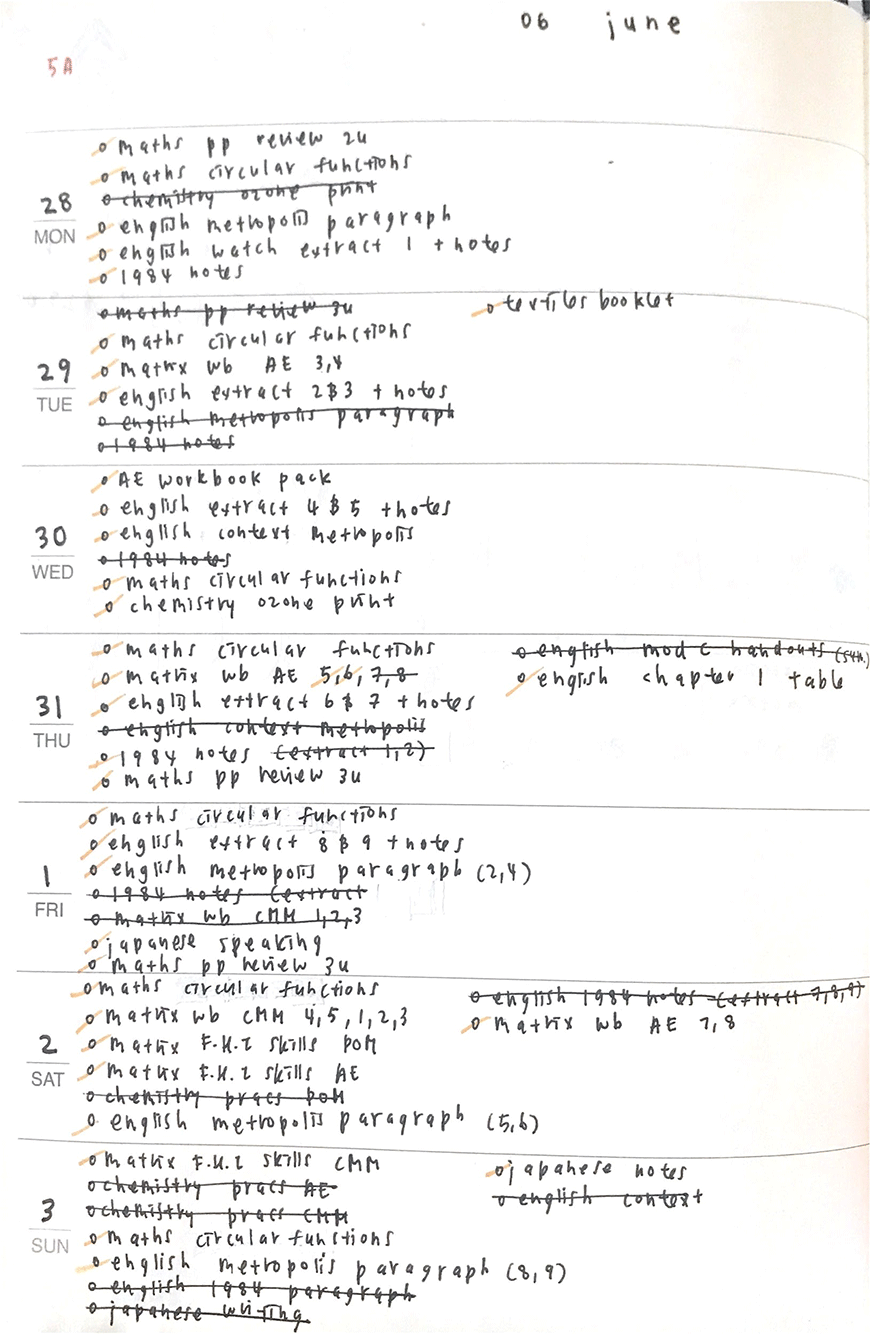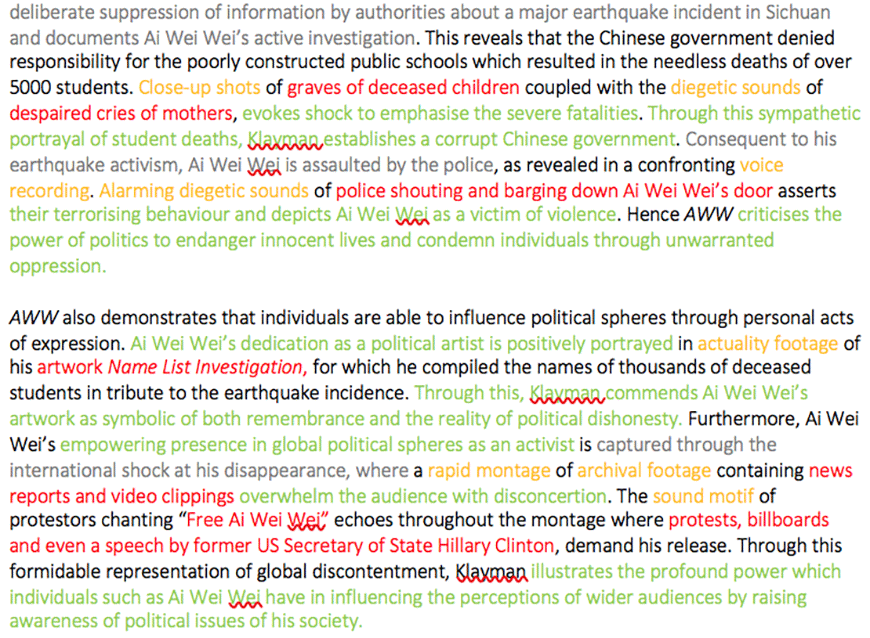Welcome to Matrix Education
To ensure we are showing you the most relevant content, please select your location below.
Select a year to see courses
Learn online or on-campus during the term or school holidays
Learn online or on-campus during the term or school holidays
Learn online or on-campus during the term or school holidays
Learn online or on-campus during the term or school holidays
Learn online or on-campus during the term or school holidays
Learn online or on-campus during the term or school holidays
Learn online or on-campus during the term or school holidays
Get HSC Trial exam ready in just a week
Get HSC exam ready in just a week
Select a year to see available courses
Science guides to help you get ahead
Science guides to help you get ahead
Struggling to find the motivation to keep studying? Ashley gives you all her neat tips and tricks to consistently stay on top of the HSC

Join 75,893 students who already have a head start.
"*" indicates required fields

Join 8000+ students each term who already have a head start on their school academic journey.
In this article, North Sydney Girls Student, Ashley Xu shares her secrets to gaining HSC motivation, succeeding in her exams, and achieving a state rank for Design and Textiles (4th).
Name:
Ashley Xu
School:
North Sydney Girls High School
Goal:
Bachelor of Fashion (Honours) at RMIT in Melbourne
Here are some of my tips and tricks to managing time and reducing stress to sustain your HSC motivation.
I planned my work based on upcoming assessment tasks and the homework I’d been assigned. Using a physical planner helped me stay organised and motivated: I split major tasks into smaller parts to finish over several days.
Having a physical planner encouraged me to finish the tasks I set each day.
This reduced my procrastination. It was easier to start, and there’s always a sense of satisfaction when you cross out an item after it’s completed.

I used the productivity app ‘Forest’ to stay focused.

I set timers at different lengths for specific tasks by estimating how long it would take.
Taking short regular breaks maximised my focus and productivity, as opposed to longer breaks.
For homework or assignments, I would set a 30-minute timer and have a 5-minutes break, or a one-hour timer with a 10-minutes break.
I only ever studied at the library or a Matrix centre as I am most productive here. On the weekdays, I usually stay from 4pm to 8 or 9pm, depending on my workload. A few of my friends also did this and we often helped each other with hard chemistry concepts with or difficult maths questions.
After studying, I would walk for 20 minutes to get home, instead of getting picked up from the station. I’d usually do this with my study friend who lives close by as it would help us clear our minds by ending our tiring days on a good note.
Exercise really helped with relieving stress.
I continued playing sports throughout my senior years; touch football in Year 11 and netball in both Year 11 and 12. Team sports not only allowed me to hang out with my friends, but also alleviated stress by taking my mind off my work for a couple of hours.
I think that finding a small hobby is definitely a good way of relieving stress instead of social media or gaming. Every weekend I also went to oil painting classes for 3 hours. This was very relaxing as I could solely focus on mixing and applying colours to a canvas.
At the start of Year 12, I didn’t have an exact ATAR goal as I was unsure of what course I wanted to do. However, I was still motivated to do my best as I set out a personal challenge to see what I could achieve.
Throughout the year, I started to become interested in both medicine and fashion and was constantly torn between the two very different careers. But when my friend suggested that I should choose the one which I would be proud of doing, I chose fashion.
Although fashion typically requires a lower ATAR (for my preferred course, it is an ATAR of 60 and a folio review), I wanted to keep my options open and strive for my best.
Receiving a higher ATAR can often score academic scholarships (e.g. UTS gives scholarships of $12 500 per year to high achievers). Hence, throughout Year 12, I had a vague goal of achieving an ATAR above 99. However…
The number one barrier to my goal of a 99+ ATAR, was my dislike and lack of passion for English.
This resulted in English being my worst subject.
Due to my dislike for English, I always end up procrastinating over my homework or assessment preparation by completing other subjects first, leaving little to no time for English.
This couldn’t go on. I knew I had to change my study habits.

Before exams, I also wrote important quotes on flashcards and the basic analysis and techniques on the other side. On train rides to school or while at other commitments, I could easily revise them. This helped me remember them.
I found that the Holiday Course for Chemistry really boosted my productivity in the holidays and allowed me to focus on my weaker subjects during the school term. As I attended the 9:30 class, it forced me to wake up earlier than I usually would. I also aimed to finish my Chemistry notes during the holidays.
As a result, re-learning the content at school further consolidated my knowledge and I was less stressed for it during the term.
Start HSC Chemistry confidently
Expert teachers, comprehensive resources, one-to-one help! Learn from home with Matrix+ online.
During exam periods and the weeks leading up to them, I would delete all of my social media apps from my phone. This reduced my procrastination, encouraged me to sleep earlier and motivated me to keep studying.
As time after school was limited, I would split a past-paper and work on it across two to three days, depending on the workload of other subjects. However, I still tried to do as many as possible. Towards the actual exam, I skimmed through Maths papers and only did questions which seemed difficult.
I found that condensing and revising my notes was a useful first step.
Then, I would move onto doing questions in the Matrix workbooks and checking with the online sample answers. I hand wrote notes on the areas that I struggled to remember such as diagrams and equations.
Finally, before an internal exam, I would skim through past papers and answer it in dot points, before checking solutions. Writing full-length solutions was not as helpful to me, so I only did it when I was completing whole papers under timed conditions closer to the HSC.
If I could start this year again, I would prioritise my weakest subjects first.
I’d entered a mode of relaxation.
I only started working on it during the holidays before the exams begun, which made it quite stressful as compiling a folio requires a lot of planning, editing and revision… that means time!
You must do this:
Written by Guest Author
We have regular contributions to our blog from our Tutor Team and high performing Matrix Students. Come back regularly for these guest posts to learn their study hacks and insights!© Matrix Education and www.matrix.edu.au, 2025. Unauthorised use and/or duplication of this material without express and written permission from this site’s author and/or owner is strictly prohibited. Excerpts and links may be used, provided that full and clear credit is given to Matrix Education and www.matrix.edu.au with appropriate and specific direction to the original content.